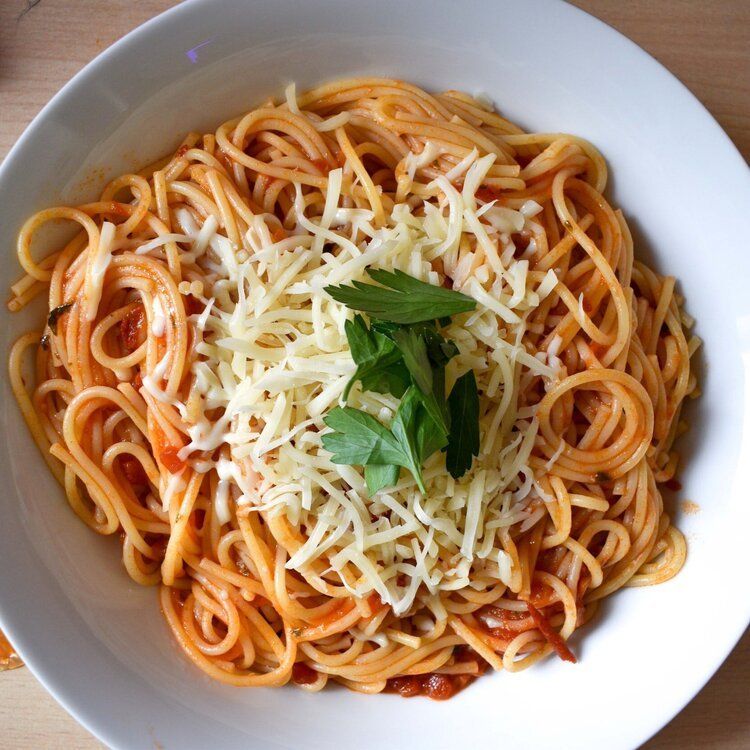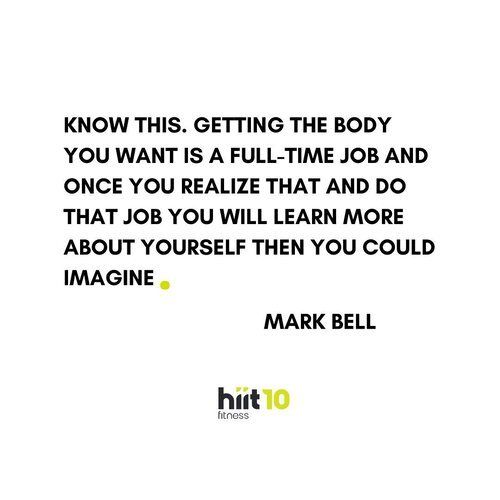Understanding the Challenges of Changing Habits and the Power of Discipline
Changing habits can be a daunting task, and it's not uncommon to face resistance along the way. One of the reasons why changing habits is so hard lies in how our brains function. Our brains naturally seek familiarity and routine, perceiving new or uncomfortable habits as potential threats. However, by understanding the underlying mechanisms and harnessing the power of discipline, we can overcome these challenges and create lasting change.
1. Understand The Brain's Response to Change: Our brains are wired to resist change as a means of preserving energy and ensuring survival. The introduction of new or uncomfortable habits triggers the brain's fight-or-flight response, leading to feelings of discomfort and resistance. Understanding this natural response can help us navigate the initial hurdles of habit change.
2. Rewire the Brain: Habits are deeply ingrained neural pathways formed through repetition and reinforcement. Breaking old habits and creating new ones requires conscious effort and persistence. By engaging the prefrontal cortex, the decision-making center of the brain, we can override resistance and forge new neural pathways. Consistency, repetition, and positive reinforcement are key to rewiring the brain and making new habits stick.
3. Embrace Discomfort: Changing habits often involves stepping out of our comfort zones. Our brains seek comfort and avoid discomfort, making it challenging to embrace change. However, growth and personal development lie beyond our comfort zones. By cultivating discipline, we can face discomfort head-on, acknowledging it as an essential part of the growth process.
4. Become Disciplined: Discipline plays a vital role in habit change and personal growth. Here's how discipline can help:
- Consistency: Discipline allows us to maintain consistent efforts towards our desired habits, reinforcing new behaviors and making them more automatic over time.
- Overcoming Resistance: Discipline helps us push through obstacles, distractions, and setbacks, enabling us to stay focused and committed.
- Building Resilience: Developing discipline cultivates a growth mindset, empowering us to bounce back from failures and view challenges as opportunities for learning and improvement.
- Long-Term Goals: Discipline helps us prioritize our long-term goals, resisting short-term temptations that hinder progress.
- Self-Mastery: Discipline fosters self-control and intentional decision-making, leading to personal growth and a greater sense of self.
While changing habits may be challenging, understanding the brain's response to change and harnessing the power of discipline can help us overcome obstacles and create lasting transformations. By embracing discomfort, rewiring the brain through consistency, and cultivating discipline, we can bridge the gap between our intentions and our actions, leading to personal fulfillment and positive growth.
Remember, changing habits takes time and effort, but with determination and discipline, you can achieve remarkable results in your journey of personal transformation.
Categories
Gym Workouts
No Equipment Home Workouts
More from the blog













